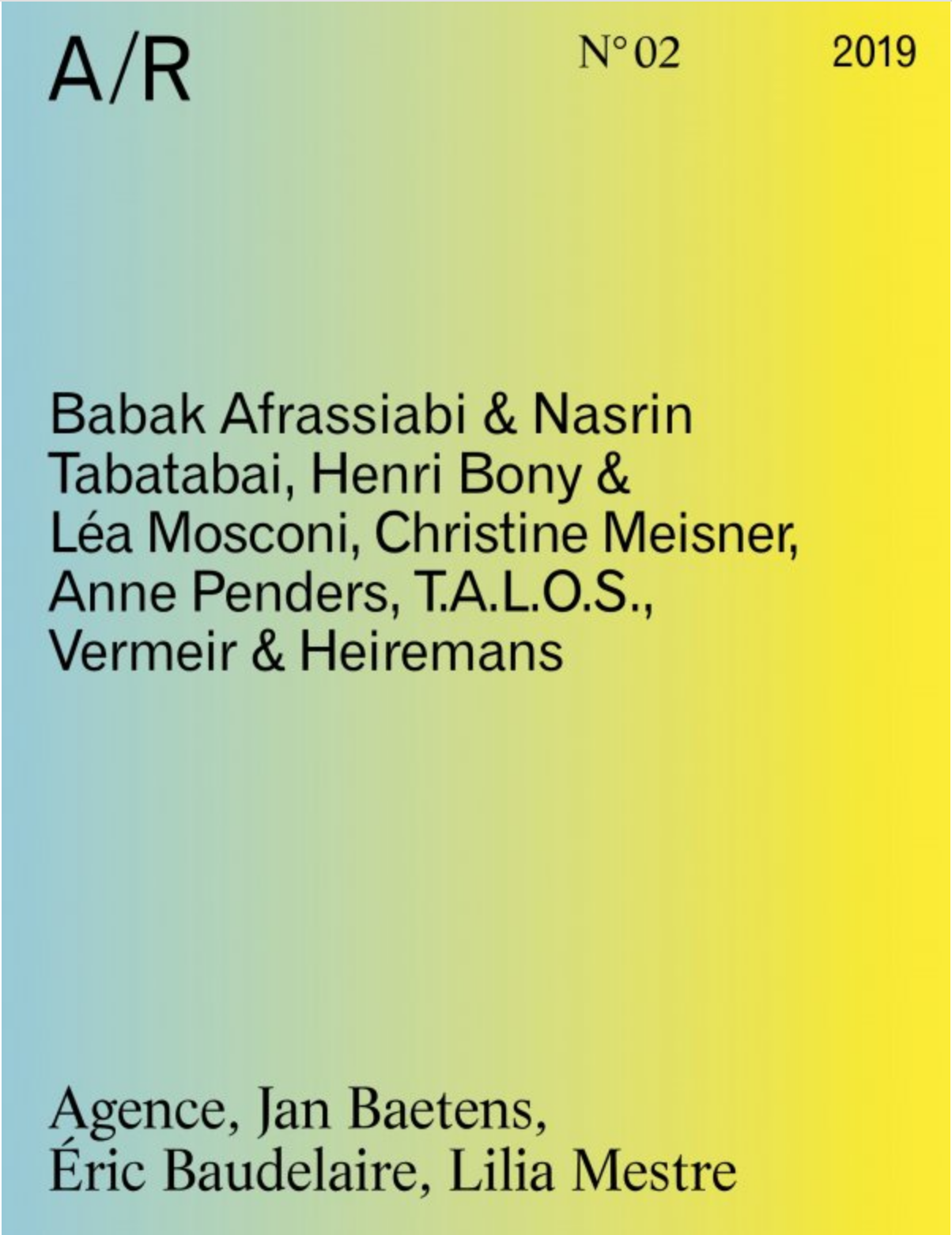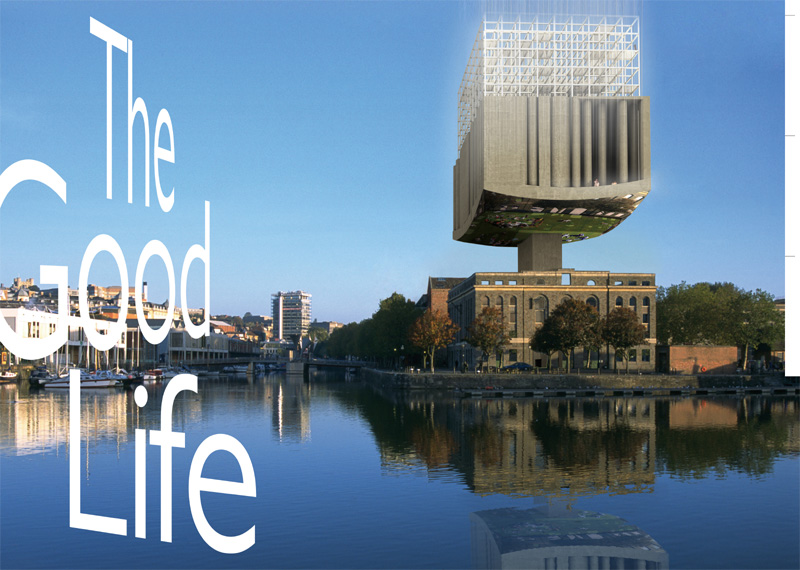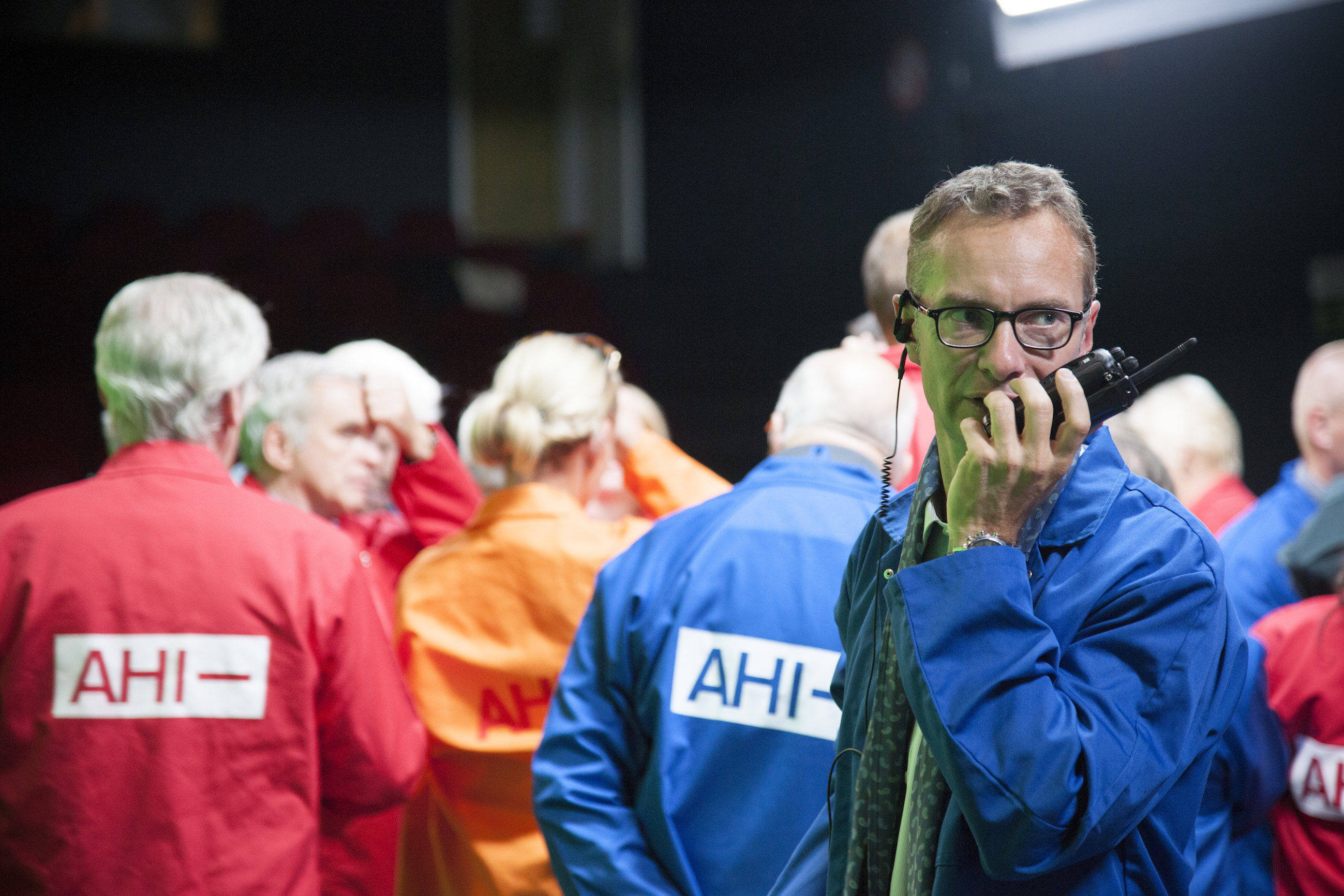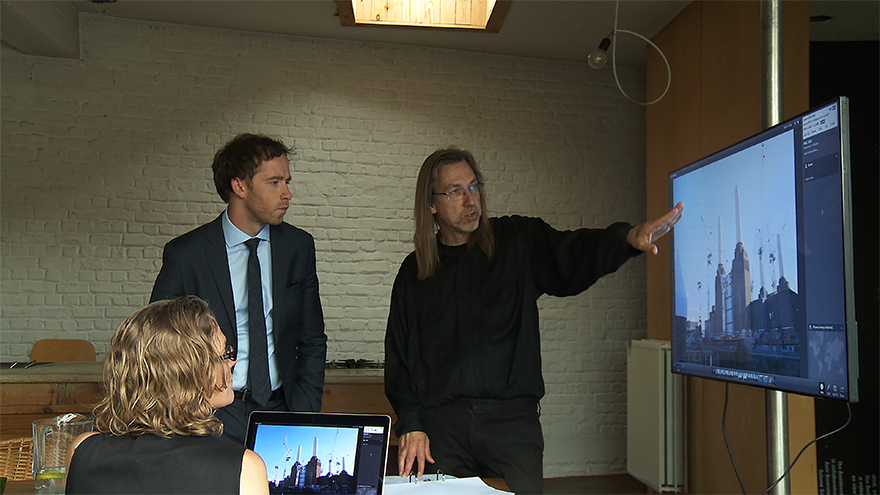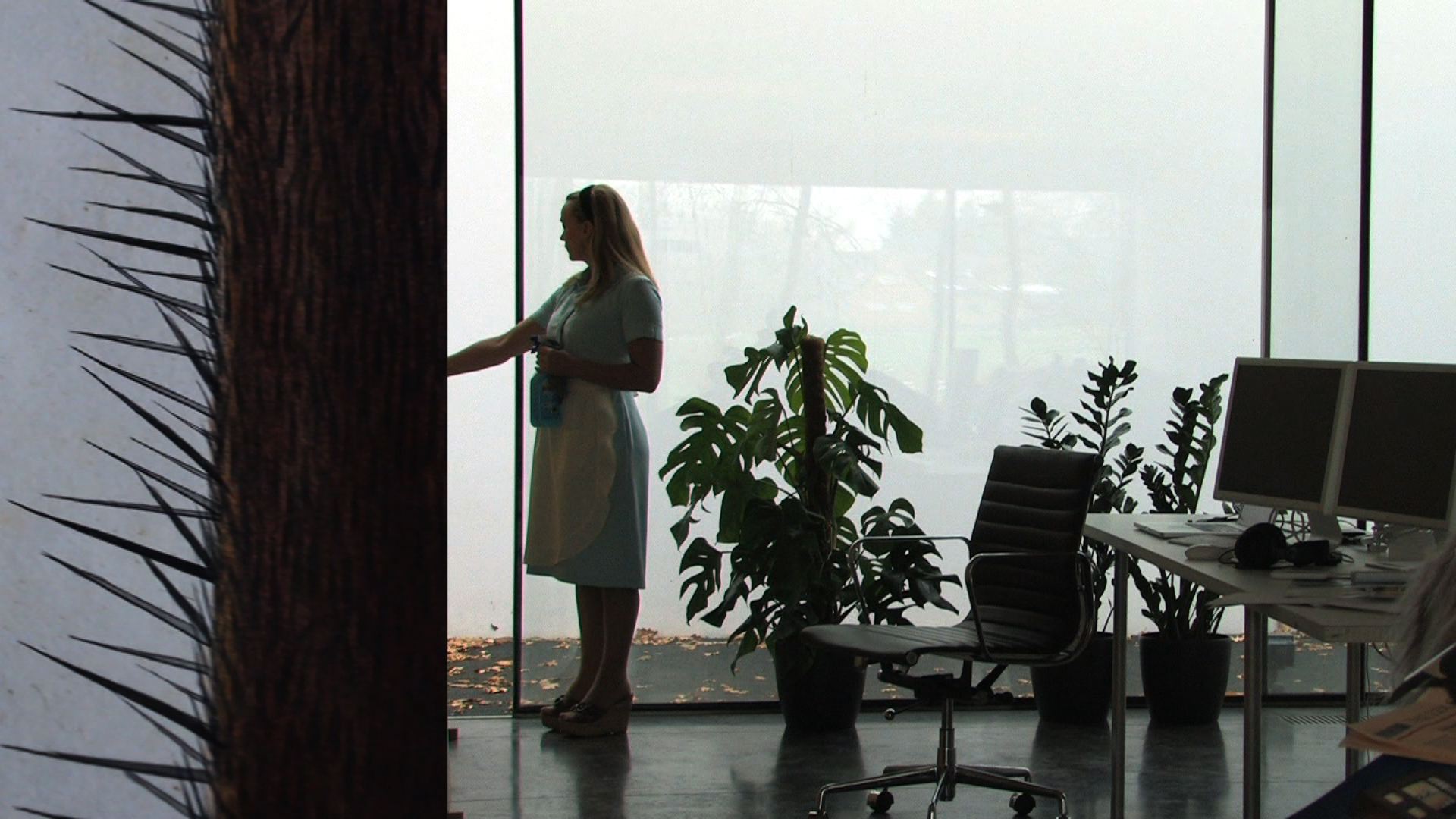News
Server: Apache/2.0.54 (Debian GNU/Linux) PHP/4.3.10-18
Content-Length: 1742
Connection: Keep-Alive
200 OK
The Good Life at Kino Arsenal, Berlin
Spekulantenwahn. Zwischen ökonomischer Rationalität und medialer Imagination
The greater the risk, the greater the profit. This principle is above all based on the trading of financial derivatives. Increasing capital for its own sake is always speculative, given that it builds on confidence in future prices. If these prices fall sharply, the system collapses. Yet as in the most recent bank crises, the state springs to its defense and covers the losses. The stock exchange can thus be seen as the location of a speculative insanity of both an individual and collective nature, with the individual semantics of this institution and its actors representing different facets of the "magic of the modern financial world." From its very beginning, film was the perfect medium for staging areas of mass society which resist a truly rational order and predictability, in which game-playing, lust and the imaginary interfere with trading. This film series curated by Florian Wüst, a project by the Goethe Institute and the Institute for Cultural Studies at the Humboldt University of Berlin, examines the relationship between the stock exchange, money and cinema before the backdrop of the economic, social and technical developments of the 20th Century.
Marcel L'Herbiers' monumental silent film L'Argent (1928) was hugely lavishly mounted for the time, an adaptation of the novel of the same name by Emile Zola in which the unscrupulous speculator and financier Saccard seeks to use all the powers at his disposal to increase the stock price of his bank. (15.10.) The short film program, which includes films by Zachary Formwalt, Hans Richter and Vermeir & Heiremans, moves from early photos of the London Stock Exchange to take in post-war automation processes all the way to contemporary increases in the value of luxury real estate due to art. (22.10.) Peter Krieg's three-part documentary Die Seele des Geldes links a critical analysis of Third World Debt in the 1970s ands 80s to digressions about colonialism and money, religion and the psyche. (29.10.) (Florian Wüst)
http://www.arsenal-berlin.de/en/calendar/day-view/calendar/2013/october/22/article/4367/2803.html

